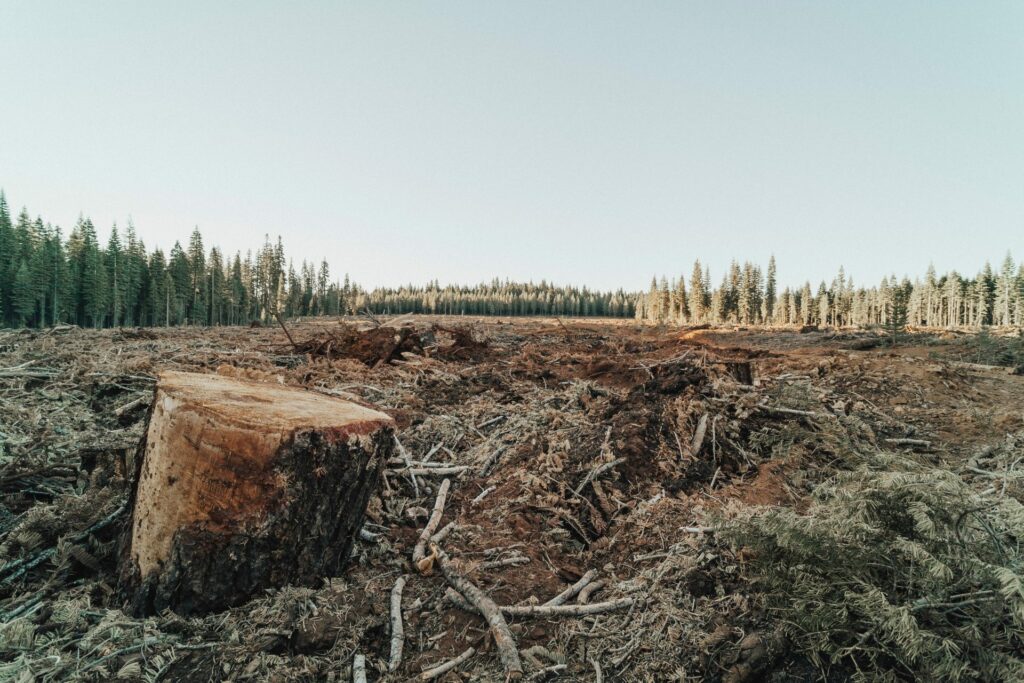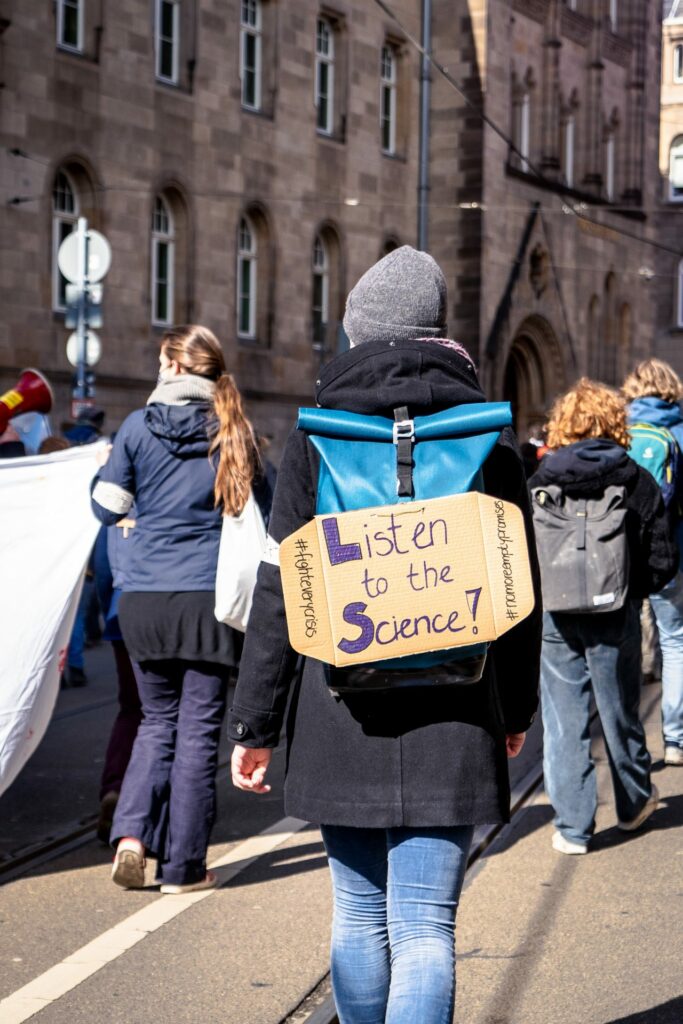Prior to COP28, it was documented that we were on track for approximately 2.70C of warming by 2030, a far cry from the 1.50C goal of the Paris Agreement. [1] This clearly highlighted the lack of immediate action that is needed. The big questions are, have and will the outputs of COP28 change this status and will we, as the worldwide community, manage to restrict global warming to 1.50C?
A Packed Conference
Firstly, let’s celebrate the scale, diversity and collective passion for positive climate change that COP brings. The conference saw 154 Heads of State and Governments meet again to review progress to date and gain commitments to limiting our impact on global climate change. The leaders were also joined by civil society, business, indigenous peoples, youth representatives, philanthropy and international organisations to unite with a shared determination to close the gaps to 2030. In all, some 85,000 participants attended COP28 in order to share ideas, solutions and build partnerships and coalitions.
It was imperative to reemphasize the critical importance of empowering all stakeholders to engage in climate action. All were encouraged to come forward with ambitious, economy-wide emission reduction targets, covering all greenhouse gases, sectors and categories which align with the 1.50C limit in their next round of climate action plans (known as nationally determined contributions) by 2025.
It still resonates with me that at COP27, it was deemed the world’s ‘last chance’ to achieve the Paris Agreement goals of limiting global warming to 1.50C above pre-industrial levels. However, here we are, still tracking significantly behind where we need to be. I do still believe that we can make a difference and reduce global warming, but we have to do more and we have to hold everyone accountable. It is OUR planet after all.
Fossil Fuel & Energy – the pre-conference hot topic
At COP27, there was no agreement in relation to phasing out fossil fuels due to concerns around cost and availability of suitable alternatives, despite the full recognition that fossil fuels are the main source of greenhouse gas emissions. Thankfully COP28 has shown some commitment in this area via the global stocktake where there were calls for action to accelerate efforts to phase down unabated coal power, phase out fossil fuel subsidies and transition away from fossil fuels in energy systems.
“If we don’t make significant progress in this area, I am not sure we can actually succeed in our endeavours to achieve the Paris Agreement. Can this level of change be enacted at the required speed?” – Gaynor Denton-Bray
We have been calling for change since 2015. We must deliver the required change in this area and this COP has shown more commitment than any before, so we have to be encouraged by this.
Loss and Damage Fund
The UN Office for Disaster Risk Reduction and the UN Office for Project Services will host the secretariat of the Santiago Network for Loss and Damage. The aim is to promote technical assistance for nations most vulnerable to the impacts of climate change.
Agreement was reached on the operationalization of the Loss and Damage Fund and funding arrangements. Commitments to the fund began following the decision and as of 13th December 2023, funds stood at $700 million.
Targets and frameworks were also agreed in relation to the Global Goal on Adaption (GGA). The framework reflects a global consensus on adaption targets and the need for finance, technology and capacity-building in order for us to achieve our goals and improve resilience, particularly in support of the most vulnerable countries.
Climate Finance
Climate Finance, via the Green Climate Fund, unsurprisingly was highlighted as critical to success with Stiell repeatedly highlighting it as:
“The great enabler of climate action”
A boost from the pledges of six countries promising additional funding to the Green Climate Fund (GCF) has already been promised, with further pledges expected. As of 13th December 2023, the fund stood at $12.8 billion. A great start but far short of the trillions needed to tackle the costs incurred as a result of global warming and adverse climate conditions.
The global stocktake highlighted the importance of reforming multilateral financial architecture as well as the acceleration of new and innovative financial sources, to deliver the funding required. Let’s hope the pledges continue to flow – surely the health of the planet is worth it.
Deforestation Commitments
Possibly one of the most significant outcomes from COP for packaging is that the EU observatory on deforestation and forest degradation has been launched. It provides maps and datasets on changes in forest cover and associated drivers, globally.

A key group of Member States unveiled the plan to increase engagement with partner countries and the governments of Germany, the Netherlands and France, by launching the global Team Europe Initiative on Deforestation-free Value Chains. The plan is to support partner countries in the transition to sustainable, deforestation-free, legal value chains, and includes financial support of €70 million.
Great to see action in relation to deforestation, although I am slightly concerned about the translation, in some cases, into country specific laws. The UK for instance has already stated that businesses with an annual turnover of over £50 million and using over 500 tonnes of regulated commodities per annum will be banned from using packaging if sourced from land used illegally. I struggle to understand why the law doesn’t apply to all businesses. There should not be exceptions when it comes to saving the planet and it is the responsibility of all to operate legally and ethically.
What does all this mean for packaging?
With the focus on phasing-down of fossil fuels, there will likely be a renewed focus on plastic, particularly single-use. Is it time to start looking at bio-alternatives as well as better recovery and higher percentages of post-consumer recyclate? We all know we need a circular economy, producing less / minimal waste but this will continue to impact the packaging industry. We need to stay ahead of the curve and continue to phase out SUP and increase responsible bio alternatives as well as PCR. Globally, recycling infrastructures are built around available facilities and the ability to collect / recycle. The level of change could be significant but plans and action need to be kick-started now.
Deforestation without doubt needs to stop, and now! This commitment is a start, but I feel that more commitment is required than has been shown so far. However, for those countries that have committed fully, the impact from a packaging perspective is significant. There is likely to be an increase in due diligence, certification and reporting requirements to ensure compliance.
All aspects of packaging will continue to be in the spotlight, not just materials and pack formats. We must continue to minimise our reliance on resources, scrutinise and improve our logistical and operational methods to ensure our industry is sustainable and reduces our impact on our planet.
In summary
It is a relief fossil fuel and global forest protection have had focus and commitments have been made. However, we are over halfway through the journey to reach the goals of the Paris Agreement, and we have previously seen leaders renege and water down commitments based on other pressing issues / priorities on many occasions. This cannot happen this time. Everyone must progress at pace with commitments to improve our impact on the world.
The overriding requirement that drives all COPs is the need and use of data. Data clearly demonstrates the impact we have, the improvements we make, and areas where increased focus is necessary to maximise our efforts and resources.

This is the same for sustainable packaging development. We need to understand our impact and status from the outset in order to identify the optimum route to improve sustainability and our impact on our planet. So in summary, progress has been made but now we need to see action and the data to back it up. We do still have time to have a positive impact on climate change, but it needs to be now.
[1] https://www.reuters.com/business/cop/un-warns-world-set-27c-rise-todays-emissions-pledges-2021-10-26/




